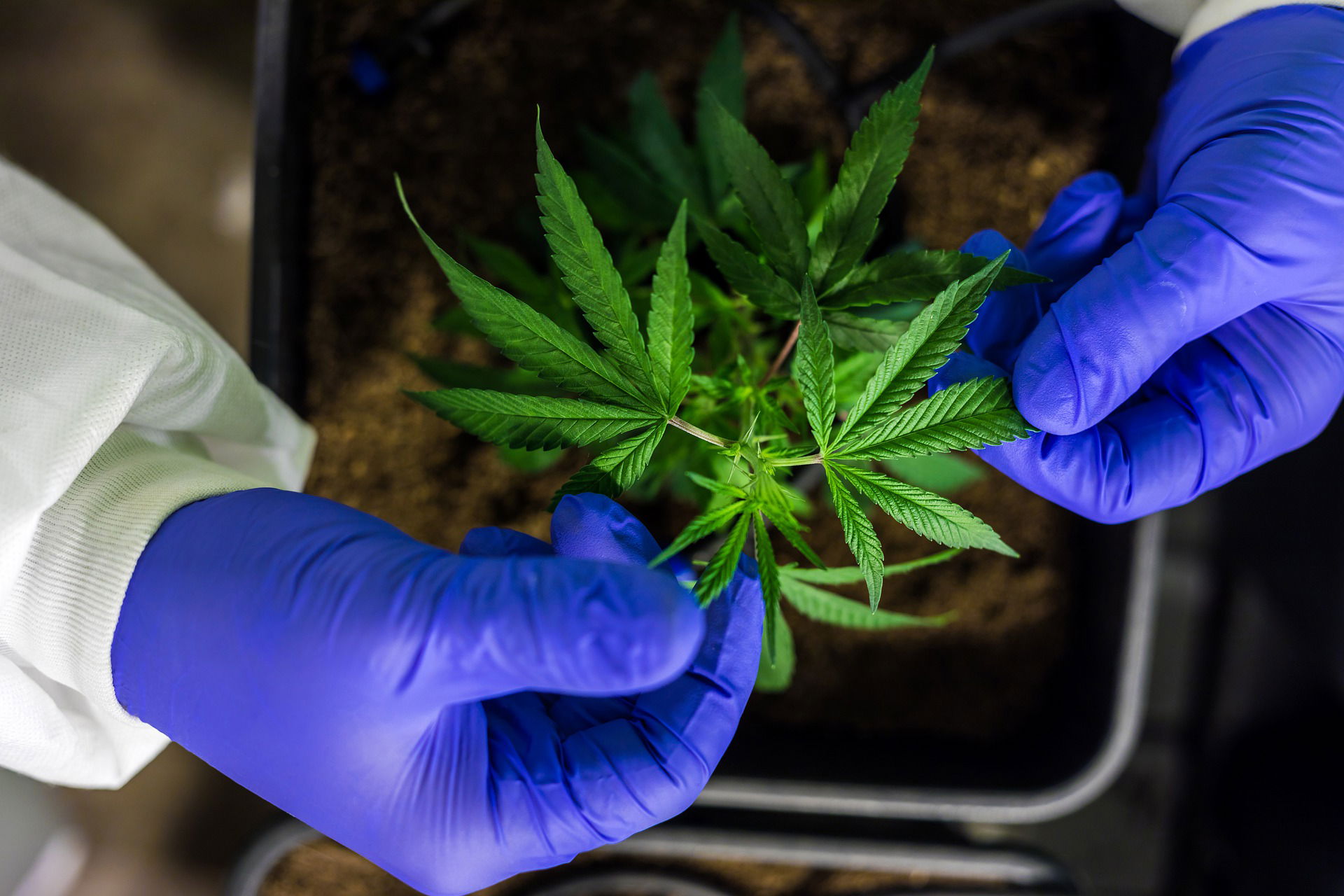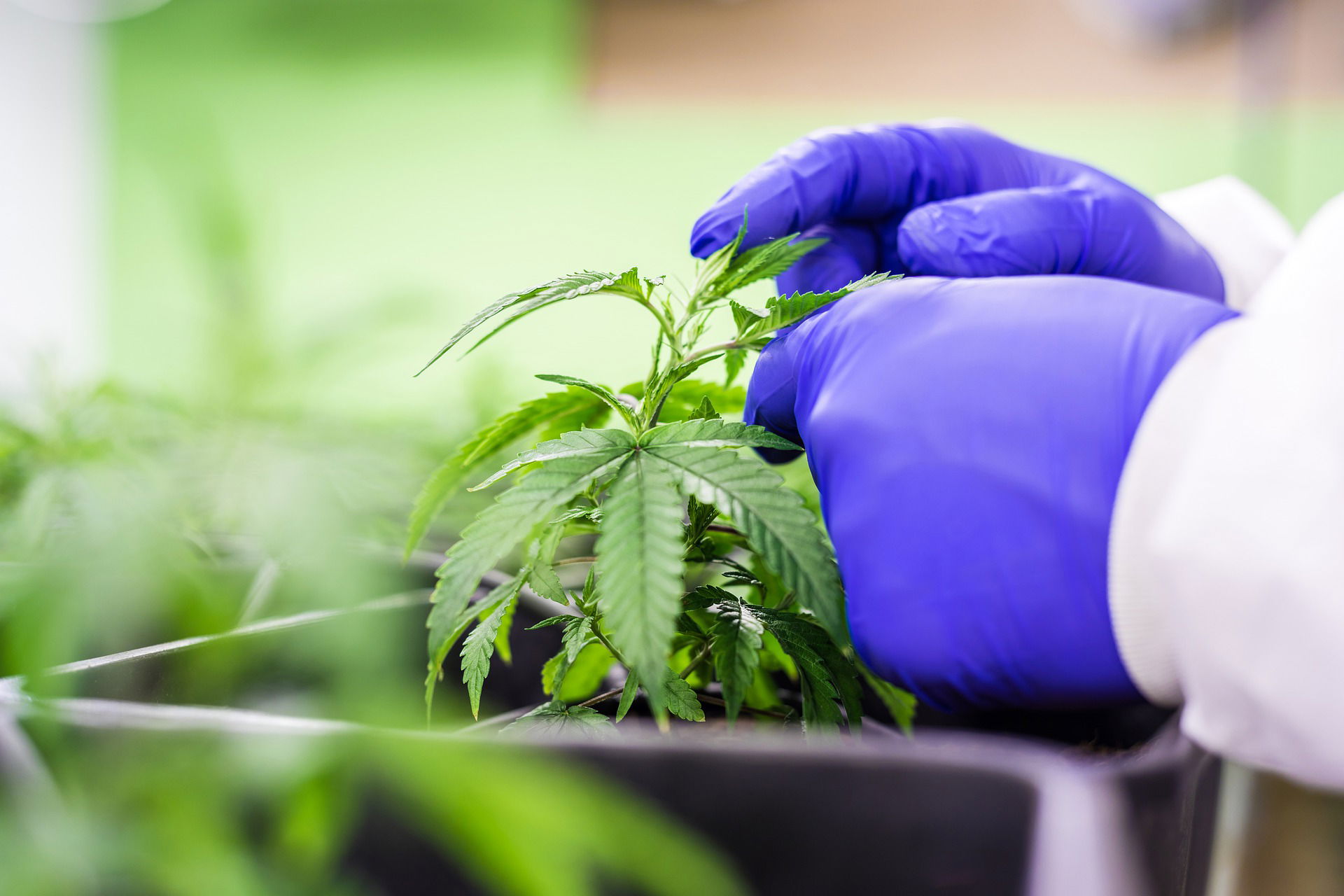Guardians of the Mind: CBD Oil's Effect on Neurological Wellbeing
The intricate machinery of the human brain orchestrates every aspect of our existence. From thoughts and emotions to bodily functions, the brain serves as the command center of our being. Therefore, maintaining neurological wellbeing is crucial for a high quality of life. In recent years, CBD oil has emerged as a potential ally in supporting neurological health. Derived from the cannabis plant, CBD oil is gaining attention for its possible effects on brain function and overall wellbeing. In this article, we will delve into the world of neurological wellbeing and explore how CBD oil might contribute to being guardians of the mind.

Understanding Neurological Wellbeing
Neurological wellbeing encompasses the optimal functioning of the brain and nervous system. A healthy brain is essential for cognitive processes, emotional regulation, and physical coordination. However, factors such as stress, genetics, aging, and environmental influences can impact neurological health and potentially lead to conditions such as neurodegenerative diseases, mood disorders, and cognitive decline.
CBD Oil's Interaction with the Endocannabinoid System
Cannabidiol (CBD), a compound found in the cannabis plant, interacts with the body's endocannabinoid system (ECS). The ECS is a complex network of receptors and molecules that play a crucial role in regulating various physiological processes, including those related to neurological health. CBD's interaction with the ECS may contribute to its potential effects on brain function and neurological wellbeing.
Scientific Evidence on CBD's Effects on Neurological Wellbeing
Research into CBD's effects on neurological wellbeing is rapidly evolving, and while the field is still emerging, there are intriguing findings that suggest its potential benefits. A study published in the Frontiers in Pharmacology journal in 2018 discussed CBD's potential neuroprotective effects. The researchers noted that CBD might have antioxidant and anti-inflammatory properties that could be relevant for neurodegenerative conditions.
Another study published in the Neurotherapeutics journal in 2015 explored the potential of CBD in anxiety and stress management. The study suggested that CBD's interaction with certain brain receptors could contribute to its anxiolytic effects, potentially offering relief for individuals dealing with anxiety-related disorders.
CBD's Potential Role in Neuroinflammation
Neuroinflammation is a common factor in various neurological conditions. CBD's potential anti-inflammatory effects may be relevant in this context. By modulating inflammation through its interaction with the ECS, CBD could potentially contribute to reducing neuroinflammation and promoting overall neurological health.
Incorporating CBD Oil into Neurological Wellbeing Practices
When considering CBD oil for neurological wellbeing, it's essential to choose a high-quality product from a reputable source. CBD oil can be taken orally, sublingually, or even applied topically for targeted relief. The appropriate dosage may vary based on individual needs and health conditions.
Consulting Healthcare Professionals
Before incorporating CBD oil into your neurological wellbeing practices, consulting with healthcare professionals is recommended. They can provide personalized guidance based on your specific neurological health concerns, medical history, and any ongoing treatments.

Conclusion
The brain's intricate workings shape our experiences and interactions with the world. As guardians of the mind, we are increasingly exploring natural approaches to support neurological wellbeing. While research into CBD's effects on neurological health is still unfolding, the existing evidence suggests that CBD's potential neuroprotective effects, its anxiolytic properties, and its potential anti-inflammatory effects could contribute to brain health and overall neurological wellbeing. Incorporating CBD oil into your neurological wellbeing practices, under the guidance of healthcare professionals, could be a step towards nurturing a healthy mind and a vibrant life.
Sources:
- Izzo AA, Borrelli F, Capasso R, et al. Non-psychotropic plant cannabinoids: new therapeutic opportunities from an ancient herb. Trends Pharmacol Sci. 2009;30(10):515-527. DOI:10.1016/j.tips.2009.07.006
- Campos AC, Fogaça MV, Sonego AB, Guimarães FS. Cannabidiol, neuroprotection and neuropsychiatric disorders. Pharmacol Res. 2016;112:119-127. DOI:10.1016/j.phrs.2016.01.033
Please note that the scientific landscape is continually evolving, and new research may have emerged since the publication of these sources. Always consult with healthcare professionals before making any significant changes to your approach to neurological wellbeing.